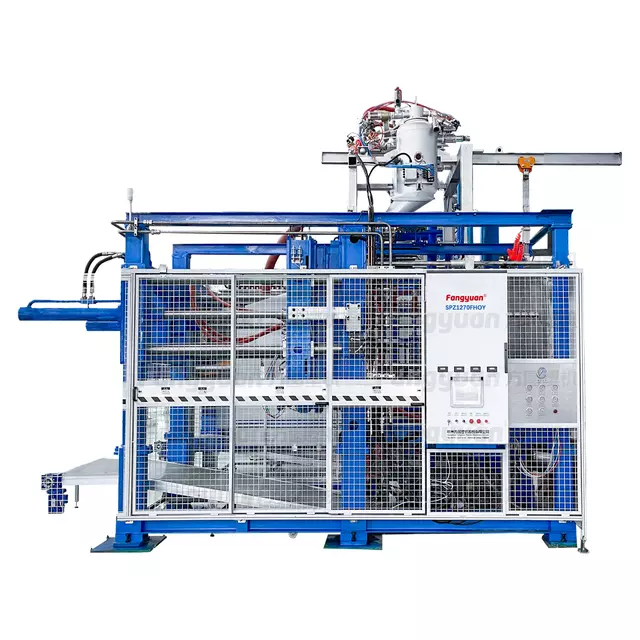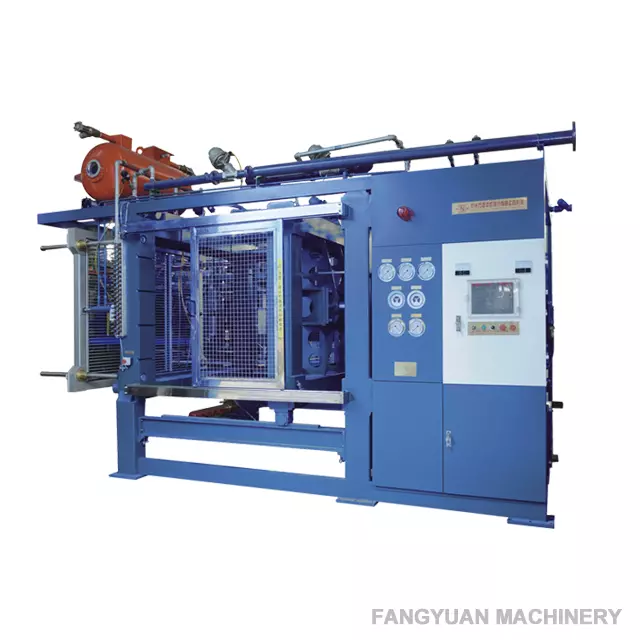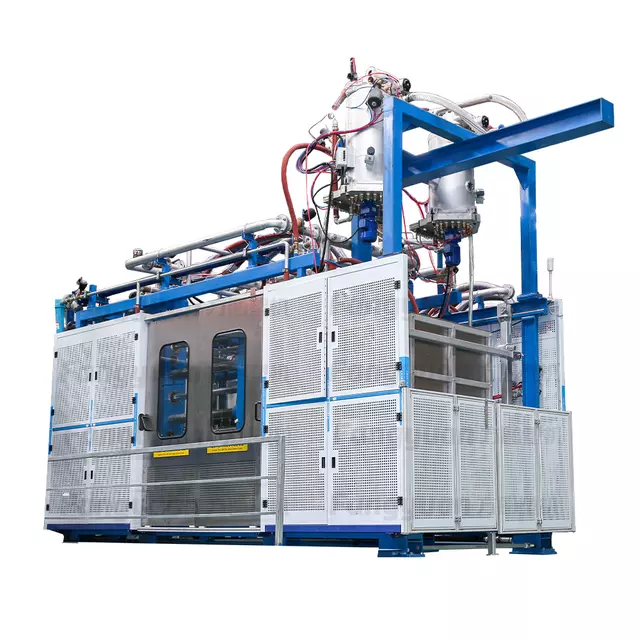How are ETPU machines reflected in home appliance production?
In recent years, the increasing demand for sustainable and ecofriendly products has led to a significant shift towards using environmentally friendly materials in manufacturing processes. One such material that is gaining popularity in this regard is EthyleneTetrafluoroethylene (ETPU), a thermoplastic polymer with exceptional durability and flexibility.

The use of ETPU machines in home appliance production has become increasingly prevalent as manufacturers look to reduce their environmental impact. These machines offer several advantages over traditional plasticmaking techniques, including lower energy consumption, reduced waste generation, and enhanced product quality.
One key application of ETPU machines in home appliances is in the manufacturing of parts like handles and lids for refrigerators, freezers, and dishwashers. By utilizing these machines, manufacturers can achieve consistent quality and precision in their products without compromising on sustainability. Additionally, ETPU's low melting point makes it suitable for applications where high heat resistance is required, further enhancing its suitability for home appliance production.

Another area where ETPU machines find widespread use is in kitchenware and utensils. Companies are now incorporating ETPU into the design of cutlery, serving pieces, and other household items, offering consumers a more sustainable and ecofriendly alternative to traditional plastics.

Moreover, the development of new ETPU materials for specific applications, such as heatresistant and fireretardant coatings for appliances, showcases the versatility of these machines in catering to diverse needs within the home appliance industry.
As technology continues to advance, we can expect even greater integration of ETPU machines into home appliance production. This not only helps in reducing the environmental footprint but also contributes to a more sustainable future for both humans and the planet.
























 QQ
QQ